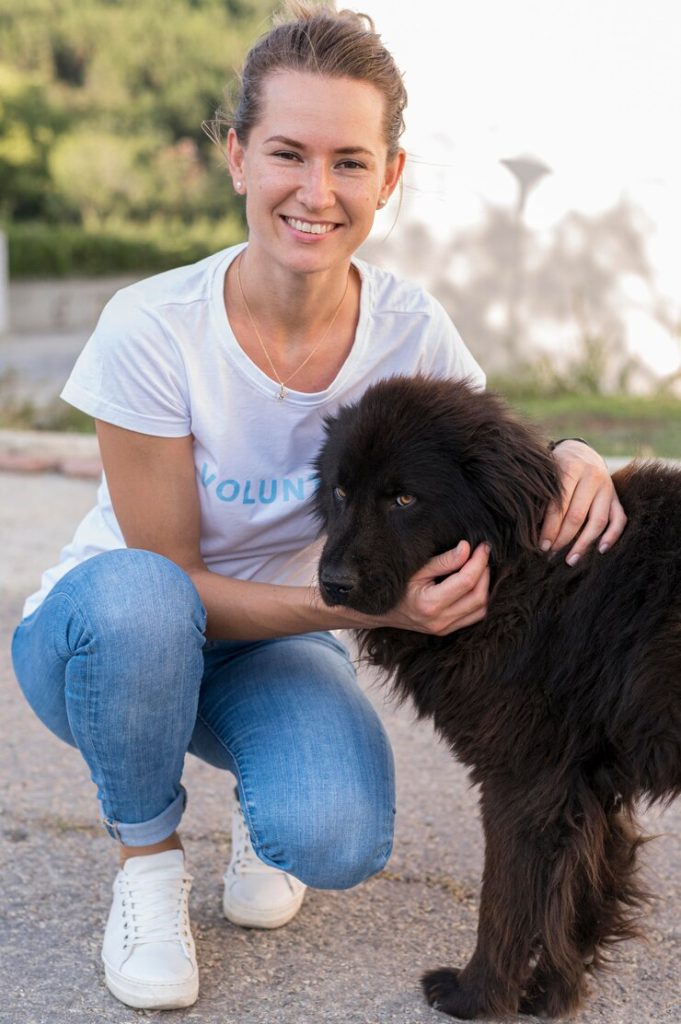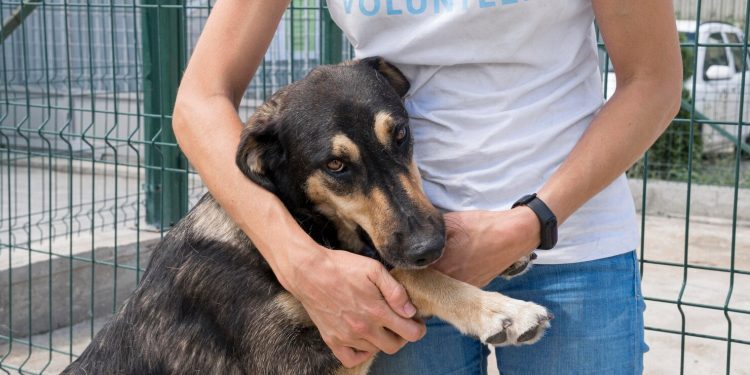Housebreaking Tips for Adopted Adult Dogs
Understanding Housebreaking for Adult Dogs
Adopting an adult dog often means diving headfirst into a world of new routines, including housebreaking. Unlike puppies, older dogs may come with established behaviors—good or bad—that you’ll need to work with.
Why Housebreaking an Adult Dog is Different
Prior Training or Lack Thereof
Some adopted dogs may have had previous training, while others may have spent their lives outdoors or in shelters where they didn’t learn housebreaking basics. Understanding your dog’s background is key.

Behavioral Challenges in Adopted Dogs
Adopted dogs can be anxious or unsure in their new environment, making accidents more likely. They may also exhibit marking behavior, especially in a home with other pets.
Benefits of Housebreaking Your Dog
Housebreaking provides structure, strengthens your bond, and creates a harmonious living situation. It’s worth the time and effort.
Preparing for Success
Assessing Your Dog’s Needs
Recognizing Signs of Needing to Go
Watch for signs like sniffing, circling, or whining. Learning your dog’s cues is essential for avoiding accidents.
Medical Considerations
If your dog frequently has accidents despite consistent training, consult a vet to rule out medical issues like urinary infections or bladder control problems.

Setting Up a Routine
Consistent Feeding Times
Feed your dog at the same times each day. Regular meals lead to predictable bathroom habits.
Scheduled Bathroom Breaks
Take your dog out at regular intervals, including first thing in the morning, after meals, and before bedtime.
Choosing a Designated Bathroom Spot
Indoor Options
If outdoor trips aren’t feasible, set up an indoor area with pee pads or artificial grass.
Outdoor Options
Choose a specific spot in your yard or on walks where your dog feels comfortable. Consistency helps them associate the area with bathroom breaks.

Training Techniques
Positive Reinforcement
Rewarding Good Behavior
When your dog eliminates in the right place, immediately reward them with treats and praise. Positive associations make the behavior stick.
Using Treats and Praise
Use high-value treats and enthusiastic praise. Dogs respond well to rewards and encouragement.
Supervision and Crate Training
Benefits of Crate Training
A crate can be a helpful tool if used correctly. Dogs don’t like to soil their sleeping area, which can aid in housebreaking.
Avoiding Overuse of the Crate
Never leave your dog in the crate for too long, as this can cause stress or accidents.
Addressing Accidents
Cleaning Properly to Remove Odors
Clean accidents thoroughly with enzymatic cleaners to remove lingering odors that might encourage repeat incidents.
Staying Calm and Avoiding Punishment
Don’t scold your dog for accidents. Instead, focus on redirecting them to the correct behavior.

Common Challenges and Solutions
Regression During Training
It’s normal for dogs to have setbacks. Stay consistent and patient.
Anxiety-Induced Accidents
Adopted dogs may experience separation anxiety or stress in new environments. Create a calming routine and ensure they feel secure.
Dealing with Stubborn Behavior
If your dog resists training, revisit the basics and ensure rewards are motivating enough.
Maintaining Long-Term Success
Adjusting as Your Dog Learns
As your dog improves, you can gradually reduce the frequency of bathroom breaks and rewards.
Building Trust Through Consistency
Consistency builds trust and confidence, which are essential for housebreaking success.
Reinforcing Good Habits
Even after your dog is fully trained, continue to praise and reward good behavior occasionally to reinforce their training.
Conclusion and FAQs
Final Thoughts on Housebreaking Adopted Dogs
Housebreaking an adopted adult dog takes time, effort, and patience, but the reward is a happy, well-trained companion. With the right approach, you’ll build a stronger bond and create a stress-free home.
(Maybe you are also interested: How to stop a dog from pulling on the leash)
FAQs
How long does it take to housebreak an adult dog?
It depends on the dog’s background, but most adult dogs can be housebroken within a few weeks to a few months.
Can an older dog still learn new habits?
Absolutely! Adult dogs are capable of learning with patience and consistency.
What if my dog keeps having accidents?
Reassess your routine and consult a vet to rule out medical issues. Stay consistent with training.
Should I use pee pads for an adult dog?
Pee pads can be a temporary solution but might confuse some dogs. Transition to outdoor training if possible.
How do I know if my dog has a medical issue causing accidents?
Frequent accidents, straining to urinate, or other unusual behaviors are signs to consult a vet.









Discussion about this post